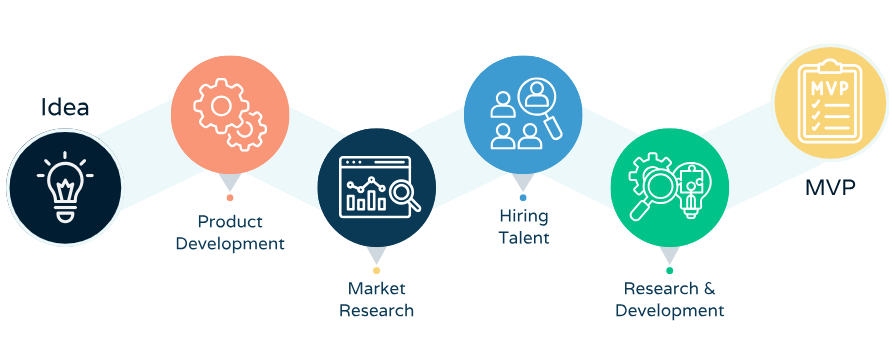Seed Funding
What is Seed Funding?
Definition:
Seed funding, in the realm of startup financing, refers to the initial capital injection provided to early-stage companies to help them establish their business, develop a prototype, conduct market research, and pave the way for subsequent funding rounds. It is the first formal funding stage in a startup’s journey, often secured from angel investors, venture capitalists, or specialized seed funds.
Analogy:
Imagine seed funding as the germination stage of a plant. Just as a seed receives the necessary nutrients to sprout, early-stage startups receive financial support to kickstart their growth. This initial infusion of capital serves as the fertile ground for ideas to take root, allowing entrepreneurs to nurture and develop their ventures.
Further Description:
Seed funding involves several key aspects:
Business Validation: Investors provide seed funding to validate the business concept and its potential in the market. This helps startups refine their offerings and demonstrate proof of concept.
Product Development: Seed capital is often utilized to build a prototype or develop a minimum viable product (MVP). This enables startups to showcase their ideas and functionalities to potential customers and investors.
Market Research: Seed funding supports market research activities, allowing startups to gather insights, understand customer needs, and fine-tune their business strategies based on real-world feedback.
Team Building: Startups use seed funding to build a talented and capable team. This initial capital helps attract skilled professionals who contribute to the company’s growth and success.
Preparation for Future Rounds: Successful seed funding sets the stage for subsequent funding rounds, such as Series A and beyond. It establishes the startup’s credibility and demonstrates its potential for sustained growth.
Why is Seed Funding Important?
Critical Initial Support: Seed funding provides crucial financial support at a stage when startups often lack a revenue stream. This injection of capital is instrumental in transforming innovative ideas into viable businesses.
Risk Mitigation: For investors, seed funding represents a calculated risk. By supporting promising startups at an early stage, investors position themselves for potential high returns in the future if the startup succeeds.
Fueling Innovation: Seed funding fosters innovation by enabling entrepreneurs to explore unconventional ideas without the immediate pressure of generating revenue. This fosters creativity and risk-taking.
Entrepreneurial Ecosystem Growth: Seed funding contributes to the overall growth of the entrepreneurial ecosystem by encouraging the birth and development of new businesses. This, in turn, creates job opportunities and stimulates economic growth.
Examples and Usage:
Angel Investors: Individual investors, often successful entrepreneurs themselves, provide seed funding in exchange for equity in the startup.
Venture Capital Firms: Some venture capital firms specialize in seed-stage investments, actively seeking innovative startups with high growth potential.
Crowdfunding Platforms: Startups can also secure seed funding through crowdfunding platforms, where a large number of individuals contribute small amounts of capital.
Key Takeaways:
- Seed funding is the initial capital injection given to early-stage startups to support their development and growth.
- It involves validating business concepts, developing prototypes, conducting market research, and building talented teams.
- Seed funding is crucial for transforming innovative ideas into viable businesses and attracting subsequent funding rounds.
- Examples include investments from angel investors, venture capital firms, and crowdfunding platforms.
- The significance of seed funding extends beyond financial support, contributing to the growth of the entrepreneurial ecosystem and fostering innovation.
Table of Contents





